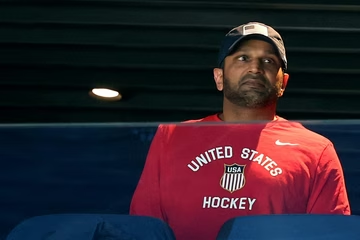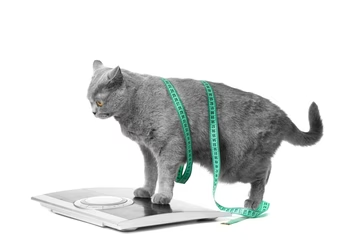Serbian journalist: Those in power allow Seselj to spread hatred

Vojislav Seselj, ultra-nationalist party leader and convicted war criminal, mocks on victims, while those who are in power in Serbia today allow him to spread hatred, said Snezana Congradin, the Danas daily journalist, who was recently targeted by Seselj and his comments.
Oglas
Seselj insulted Congradin because she published a feature from Potocari, the gravesite of Serbrenica’s massacre victims, saying that she was a journalist “in the country which committed the genocide and which hasn’t yet faced it, but instead, the whole society generally is even further from that.”
Speaking at a session of Serbian Parliament, Seselj said the journalist who said that the genocide was committed in Srebrenica should be sentenced to 20 years in prison.
The Hague Tribunal for war crimes sentenced Seselj to ten-year imprisonment for crimes against humanity, including the inciting of ethnic cleansing in Croatia, Bosnia and Serbia’s province of Vojvodina from August 1991 to September 1993.
Oglas
He spent more than ten years in custody so he was freed after the sentencing.
Seselj remained an SRS member of the Parliament, and the opposition said it was against the law since he was a convicted war criminal.
“Although the speeches of convicted war criminal Vojislav Seselj, fortunately, no longer result in war crimes, genocide, ethnic cleansing, like it had happened in the 1990s during the wars in ex-Yugoslavia, it is horrifying to listen to him, especially before the Serbian Parliament, the way how he affirms all the atrocities that he was among others responsible for, threatening that, as he once said, he would do the same,” Congradin told N1.
“Laughing at the victims of genocide and crimes, which can be heard from Seselj almost on daily basis, is staged for the audience here and in the region by the authorities of (Serbia's President) Aleksandar Vucic and (Foreign Minister) Ivica Dacic,” said the journalist stressing that the current authorities are the ones who “allow this war criminal to spread hatred, bring in the fear and uncertainty, both in the minds of the victims of the 1990s wars and in the common culture and public space.”
Oglas
Being exposed to such attacks does not demotivate her to speak about these topics, Congradin added.
“I decided to deal with public work and got committed to recognise and defend public interest and the common good. I am trying hard to get as close as possible to that goal because I see no other sense,” she said.
Serbia’s Commissioner for Protection of Equality Brankica Jankovic condemned Seselj's “misogyny, sexism and offensive" comments, saying that discriminatory statements, insults and humiliation based on appearance, health condition or other personal characteristics were inadmissible and banned by law.
Kakvo je tvoje mišljenje o ovome?
Učestvuj u diskusiji ili pročitaj komentare
Oglas
Kakvo je tvoje mišljenje o ovome?
Učestvuj u diskusiji ili pročitaj komentare
Oglas
NAJČITANIJE
Oglas
Oglas
Najnovije
Oglas
Oglas





 Srbija
Srbija
 Hrvatska
Hrvatska
 Slovenija
Slovenija



























































